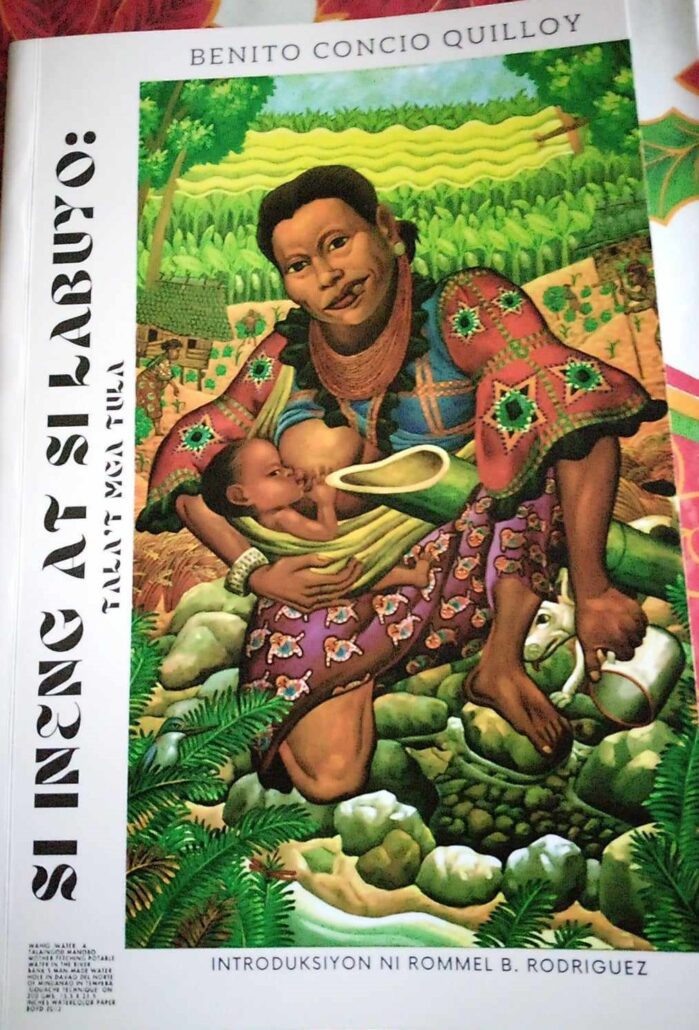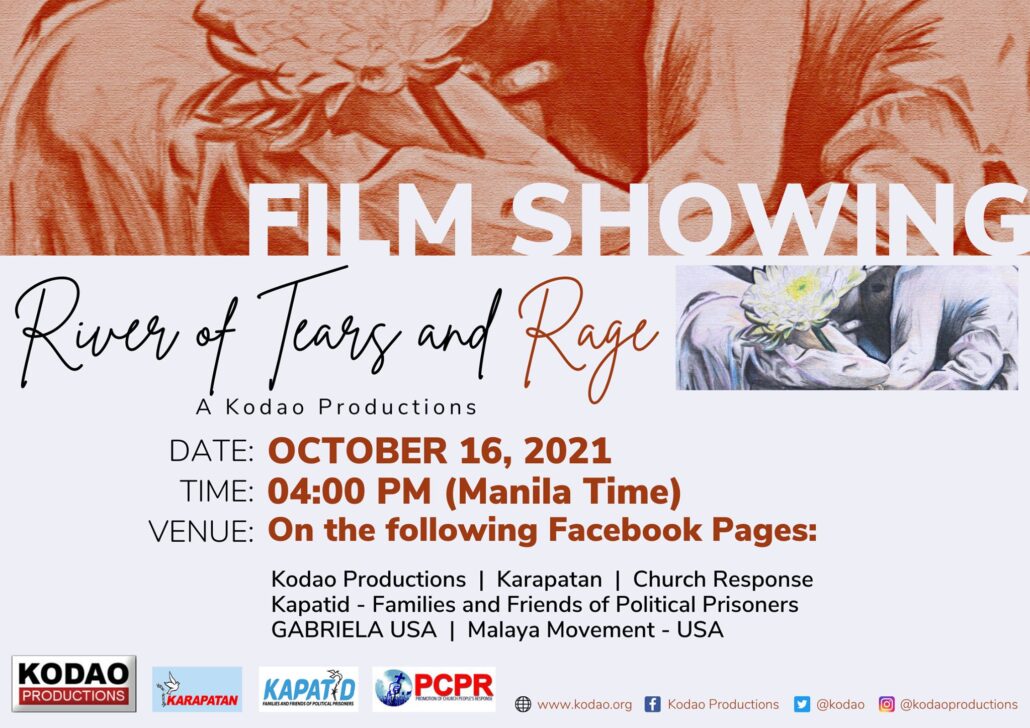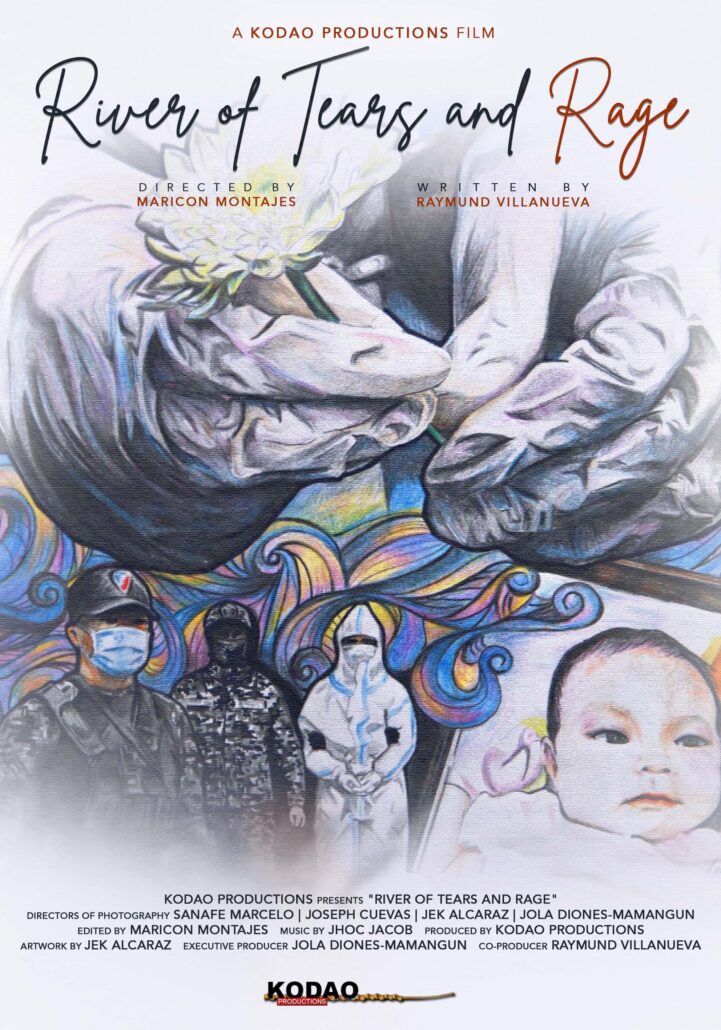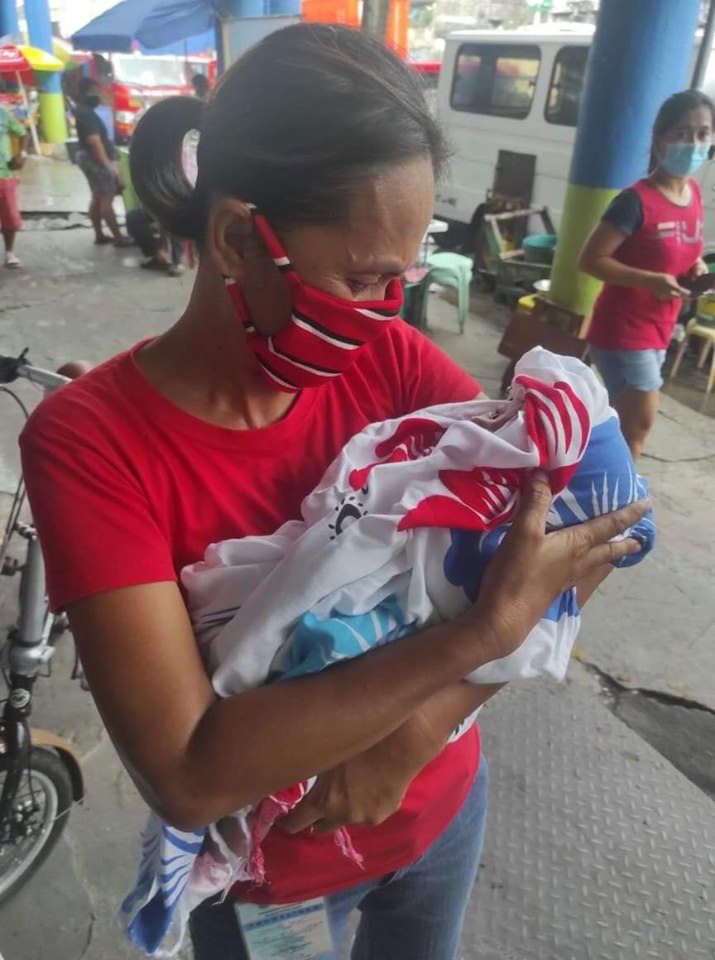Political prisoners, other PDLs oppose transfer to new ‘Guantanamo-style’ jail inside Bagong Diwa
Political prisoners and other detainees at the Metro Manila District Jail Annex 4 (MMDJ-4) in Camp Bagong Diwa in Taguig City are appealing against their transfer to a newly constructed prison facility, which a support group of political prisoners dubs the “Philippine Guantanamo.”
In a written petition presented at a meeting convened by the Makabayan bloc in Congress with the head of the Bureau of Jail Management and Penology (BJMP) last Wednesday, March 20, the detainees said they request reconsideration of the decision to transfer them to the newly constructed jail facility at the MMDJ-Main.
“We, the detainees of MMDJ Annex 4, Camp Bagong Diwa, have come together to request to remain in MMDJ Annex 4 because we only number 305 PDLs (persons deprived of liberty) here, and overcrowding is not an issue,” they said in a handwritten letter addressed to BJMP chief Gen. Ruel Rivera.
Written in Filipino, the letter was signed by eight “mayores” representing various groups that include the political prisoners, Moro organizations and prison gangs in the MMDJ-4 facility.
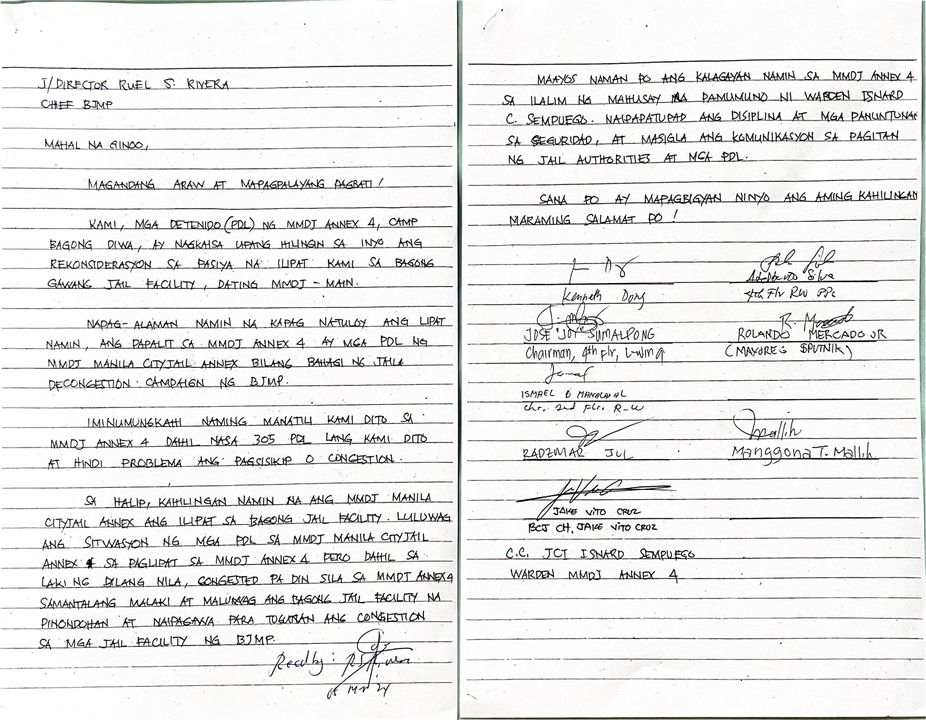
Political prisoners support group Kapatid described the new facility as a “Guantanamo-style prison” that features cramped two by three meter cells.
Kapatid spokesperson Fides Lim told BJMP chief Gen. Ruel Rivera that families of political prisoners support the PDLs’ appeal as congestion does not seem to be the primary issue for transfer amid “disturbing” reports that the political prisoners and Muslim PDLs will be incarcerated in the “bartolina-type” cells on the seventh floor of one of the new buildings in the MMDJ Main.
Guantanamo is the notorious prison operated by the United States of America in Guantanamo Bay, Cuba for those it considers as its enemies and so-called terrorists. It has become notorious for torture, harsh interrogation techniques, indefinite detention without trial and other human rights abuses and violations of international law as well as lack of transparency and accountability.
Kapatid said the solitary isolation cells smack of the notorious US prison camp.
“Is Guantanamo now being transplanted into the Philippine jail system? But ‘confinement in solitary cells’ is considered among the ‘acts of torture’ explicitly prohibited under Republic Act 9745 or Anti-Torture Act of 2009 and similarly proscribed under the UN Standard Minimum Rules for the Treatment of Prisoners, also known as the Mandela Rules,” Lim said.

ACT Teachers Party Rep. France Castro also questioned the reported involvement of an agency under the US Department of Justice, the International Criminal Investigative Training Assistance Program (ICITAP), in the funding, construction and operation of the new huge jail compound located beside the MMDJ Annex 4 building.
BJMP chief Gen. Director Ruel Rivera said the “ICITAP is only involved in training” of local jail personnel and that he “opposes the practice of solitary confinement because this is prohibited under the Mandela Rules.”
Rivera pledged to conduct an “ocular inspection” of the new facility and provide the Makabayan representatives with “complete background information” about it, including funding source and the BJMP’s logistics development plan around 2016.
Castro and the other Makabayan partylist members, Gabriela Rep. Arlene Brosas and Kabataan Rep. Raoul Manuel, said they will also push for an ocular inspection of the new facility together with the House committee on human rights.
They said this is part of the oversight functions of the legislature to review and monitor public sector agencies to ensure their compliance with constitutional and legal prescriptions, especially on the protection of basic rights. # (Raymund B. Villanueva)

